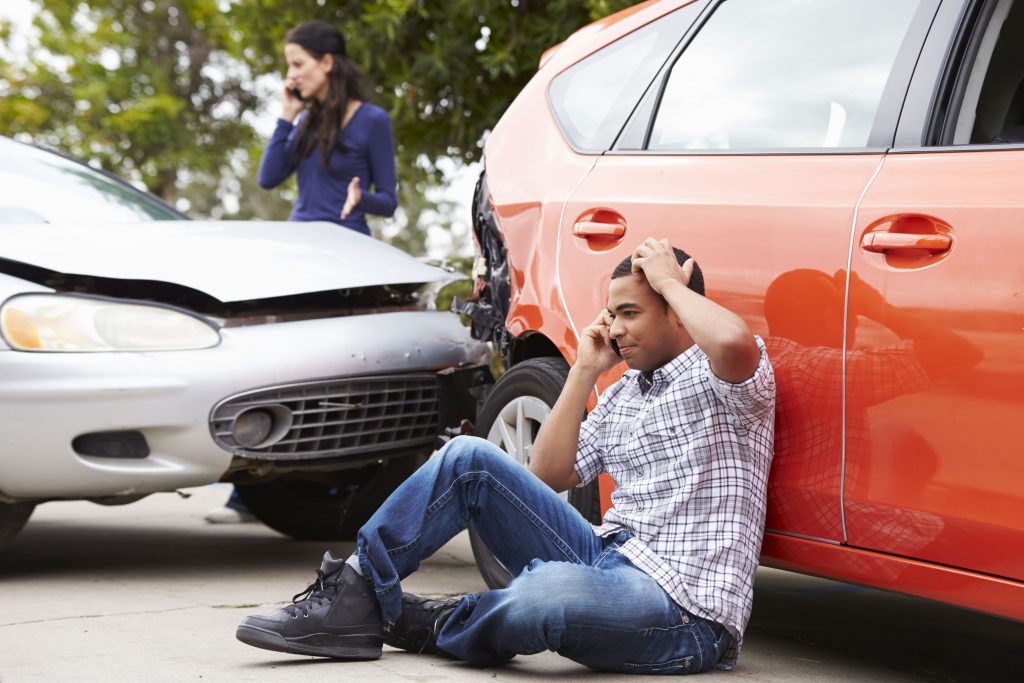
According to the AAA, just over one third of Americans drive while on vacation each year, these rates increase as gas prices drop. Inevitably, car crashes between out-of-state drivers are going to happen, so what should you do in this situation?
Let’s start by answering some common questions.
Which State Laws Are in Effect?
If you crash in a different state, you will be held to the traffic laws governing that state. This means that if you are visiting or travelling within a state, you must know and follow the traffic laws of that state (and any other specific state laws for that matter).
How Will My Insurance Policy Play a Part in the Crash?
Every state has its own minimum liability insurance laws. This means that you may be fined or otherwise penalized for failing to meet certain insurance requirements. However, if your insurance policy meets the requirements in your home state, your insurance company will have to honor that state’s requirements. The exception to this rule is if you stay inside of the state for longer than 30 days, at which point the state will likely not recognize your insurance as valid.
Also, your insurance company may provide a policy that is specifically designed for traveling. Simply calling your insurance company and informing them that you will be taking a road trip might help you understand what your options are.
“At Fault” Versus “No Fault” States
Different states also have different standards for negligence in car crashes, and who has to pay compensation in such situations. “At Fault” states use negligence as a means of determining who will pay for damages in a car crash. Specifically, these states use comparative negligence to determine which party will owe the other for damages and how much they will owe.
On the other hand, “No Fault” states are ones in which an insurance company will pay compensation to their policyholders regardless of fault. These states will require the insurance company to pay for your damages up until a certain threshold, whereas in other states insurance companies can deny coverage in certain cases.
If you need legal help after a car crash in a different state, hire an attorney licensed to practice law in that state. For example, if you crash in Iowa, you will need to hire a lawyer who is permitted to practice in Iowa regardless of where you’re from.















